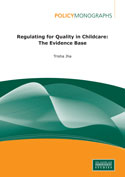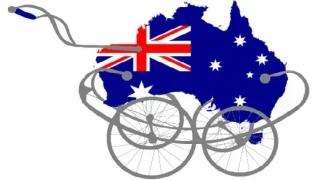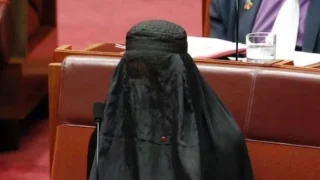
The National Quality Agenda (NQA) endorsed by all states and territories in 2009 regulates childcare systems across Australia. It mandates increased minimum standards in various aspects provision of care and a ratings system with the goal of improving quality.
The NQA mandates substantial and costly reforms to staff-to-child ratios and carer qualifications of care.
This report details that the costs of these reforms have been understated and the potential benefits overstated.
There are four kinds of costs that the commissioned reports do not adequately take into account: administrative costs, impacts on supply, impacts on female labour force participation and deadweight loss.
Furthermore, there is very little evidence from Australian and international research that these stricter regulations improve outcomes for children. Australian studies suggest there are only small positive effects of lower staff-to-child ratios for socio-emotional and behavioural outcomes—not for cognitive outcomes—and it is not clear whether the effects are enduring. Overseas studies found no effects, or effects only for younger children.
Australian studies mostly found no effect of higher carer qualifications on child outcomes, with the exception of one study which found improved behavioural outcomes for older children. Overseas studies mostly found no effects on child outcomes, with one exception which found improvement in children’s academic achievement.
In summary, there is scant evidence to suggest the reforms will bring significant benefits to children, bringing into question whether the cost involved represents an ‘investment’.
Trisha Jha is a Policy Analyst with the Social Foundations Program at The Centre for Independent Studies. She holds a Bachelor of Arts (International Relations) from the Australian National University. Trisha is the author of Complex Family Payments: What it Costs the Village to Raise a Child and has contributed to other CIS publications.











